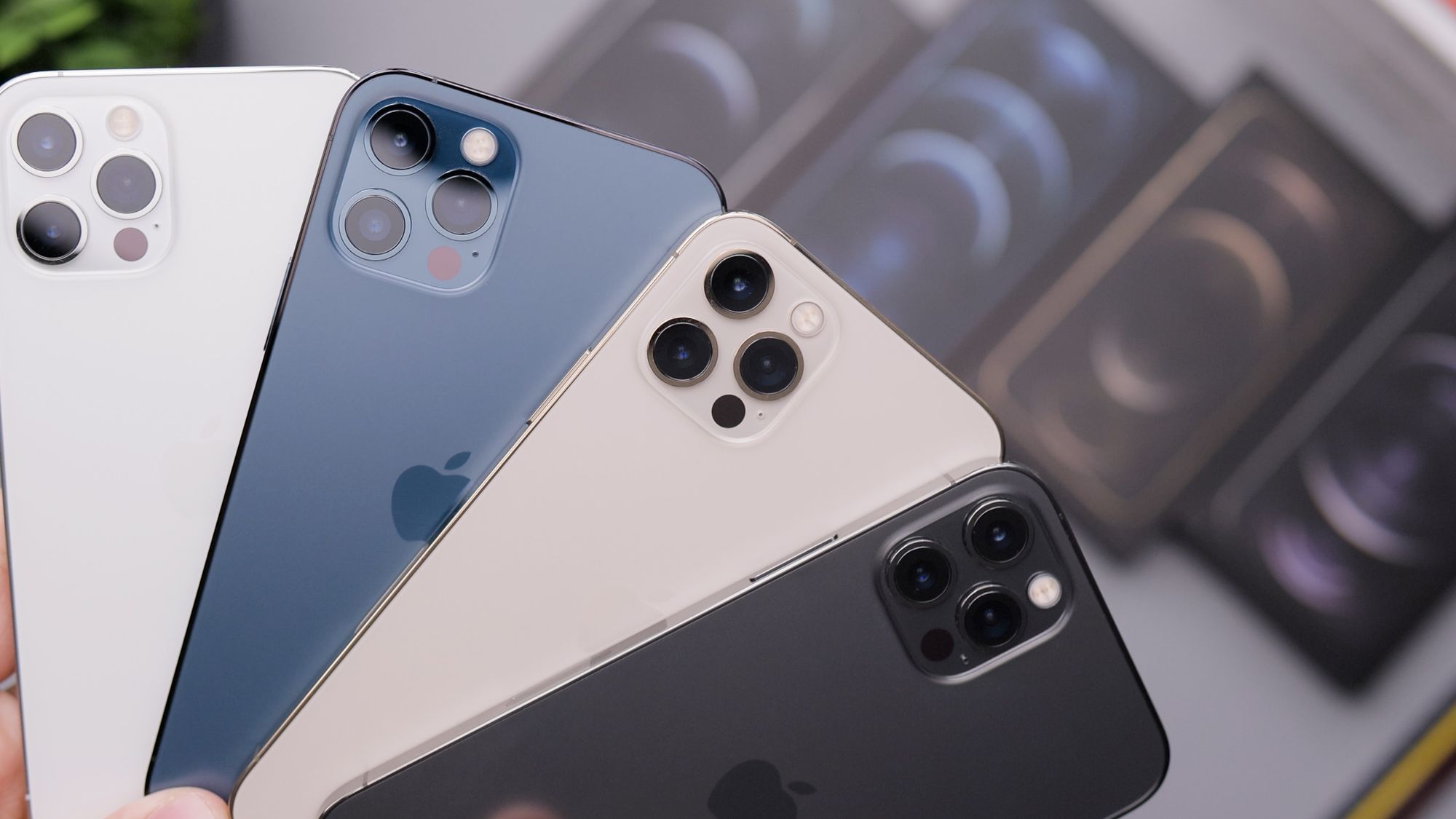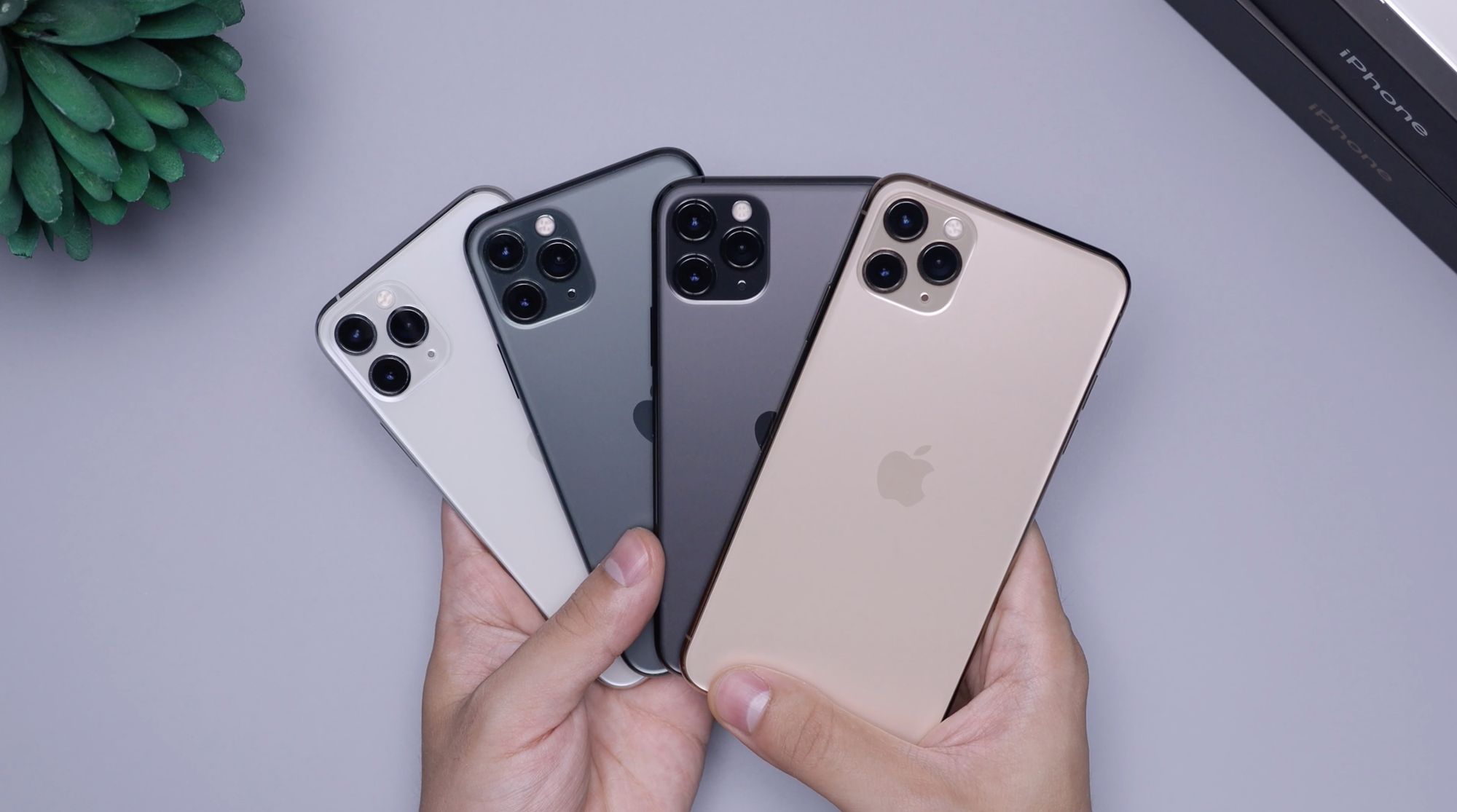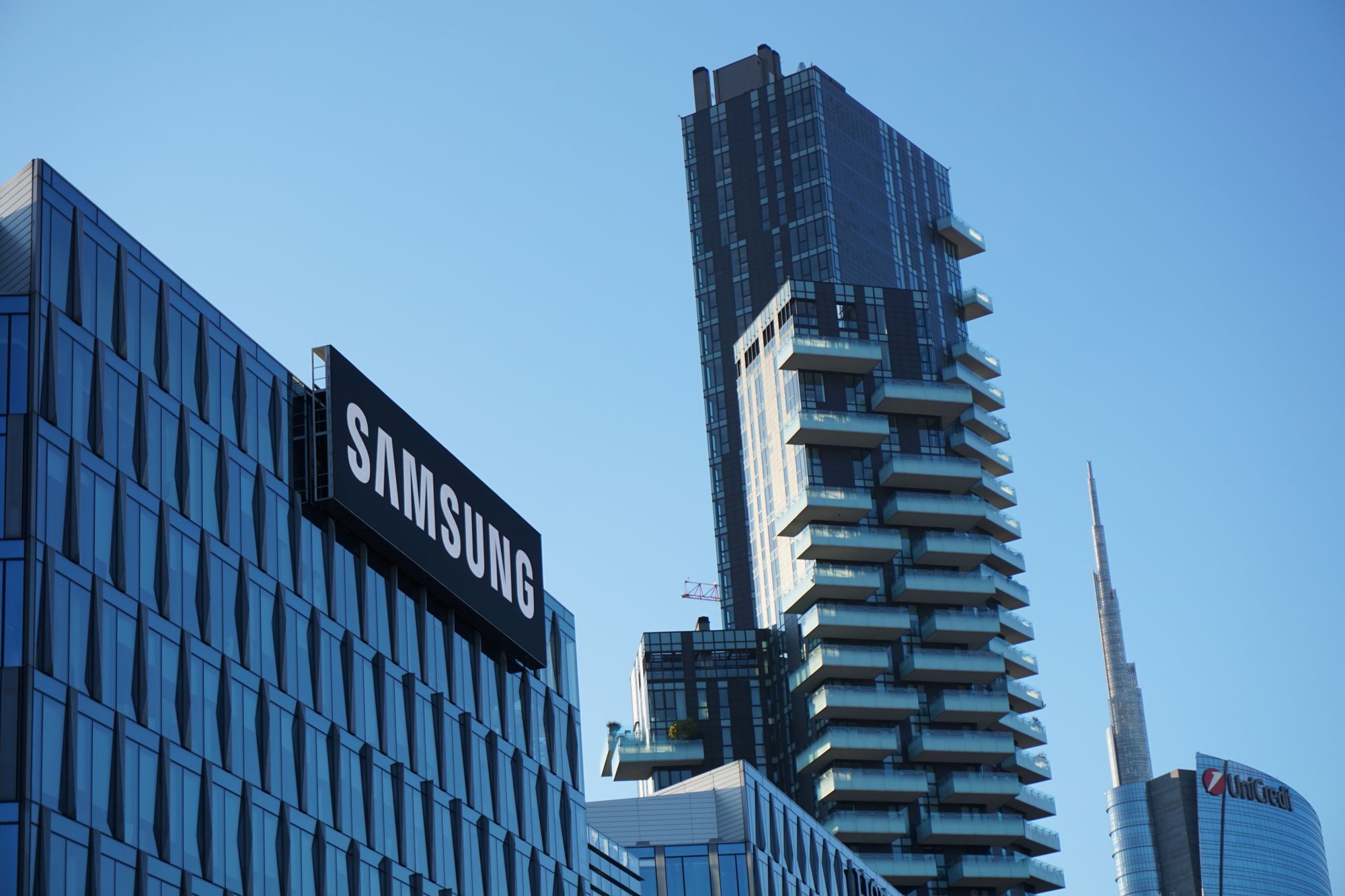AT&T FaceTime Limitation Causes Net Neutrality Backlash
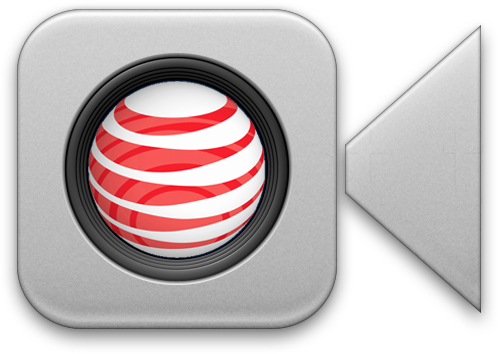
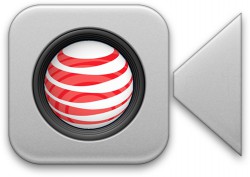 When AT&T came to a decision that subscribers must get a Mobile Share Plan to access FaceTime over their cellular network last week, it caused a massive outcry from net neutrality supporters, Public Knowledge and Free Press. Both net neutrality supporters claim that the company’s policy violates FCC’s Open Internet rules. John Bergmayer, a member of the Public Knowledge, said that “by blocking FaceTime for many of its customers, AT&T is violating the FCC’s Open Internet rules,” and states that the rules stated should not block apps that compete with the provider’s services. He goes on saying that even though carriers are allowed to engage in “reasonable network management,” there is no reason to discriminate one plan over another.
When AT&T came to a decision that subscribers must get a Mobile Share Plan to access FaceTime over their cellular network last week, it caused a massive outcry from net neutrality supporters, Public Knowledge and Free Press. Both net neutrality supporters claim that the company’s policy violates FCC’s Open Internet rules. John Bergmayer, a member of the Public Knowledge, said that “by blocking FaceTime for many of its customers, AT&T is violating the FCC’s Open Internet rules,” and states that the rules stated should not block apps that compete with the provider’s services. He goes on saying that even though carriers are allowed to engage in “reasonable network management,” there is no reason to discriminate one plan over another.
As expected, AT&T defended the decision. Bob Quinn, AT&T’s senior vice president of regulatory affairs, denies that claim that the decision and policy violated FCC rules on the open internet. He claims that “Some groups have rushed to judgment and claimed that AT&T’s plans will violate the FCC’s net neutrality rules” and claimed that “those arguments are wrong.” He additionally said that the FCC’s net neutrality rules has only two requirements: transparency regarding network management practices, and a prohibition on blocking apps that compete with a provider’s voice or video telephony services; and said that their policies regarding FaceTime will be fully transparent and that the rules do not regulate the availability to customers of applications that are preloaded on phone. AT&T has said that even though a Mobile share plan is required to use FaceTime, it won’t incur an extra charge apart from normal data usage.
Currently, it is a back and forward battle between the advocacy groups and AT&T. Right now, the Free Press has created a petition to push AT&T to change its decision. It is unknown if AT&T will change it mind right now, but it may be possible with a lot of pressure from the public.

